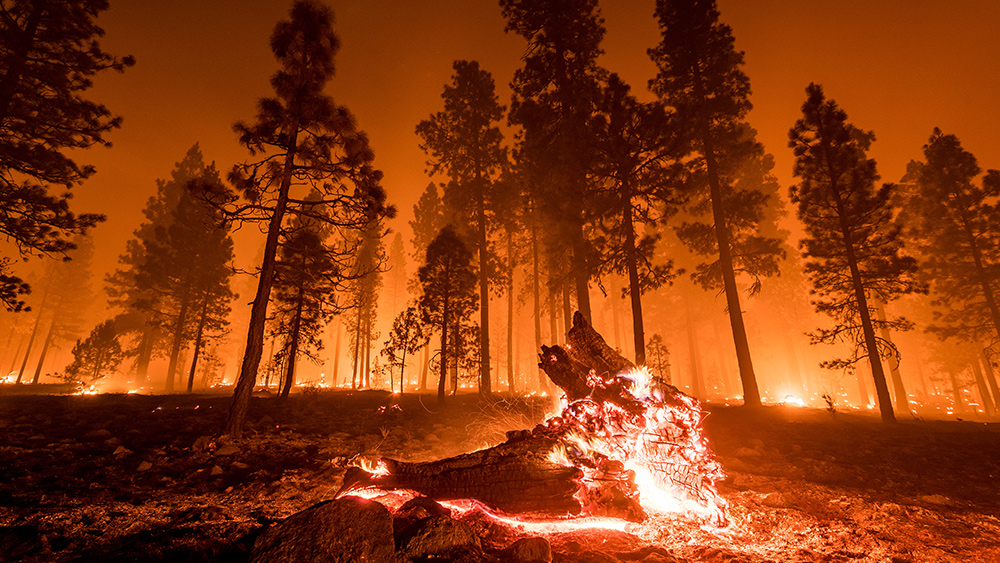 Parler
Parler Gab
Gab
That’s a tall order, and it is not at all clear what meeting this obligation would entail. Nor is it clear when the duty of care applies.As amended by the Senate Commerce Committee, KOSA applies to any “covered platform” that “knows” its users include minors. But no one knows what “knows” means. In addition to “actual knowledge,” that condition can be satisfied by “knowledge fairly implied on the basis of objective circumstances.” KOSA directs the Federal Trade Commission, within 18 months of the bill’s passage, to issue “guidance” about how to understand the latter phrase. That guidance, however, would not bind the FTC, which is charged with investigating and penalizing platforms that it thinks have violated KOSA. Nor would it constrain state attorneys general, who would be authorized to independently enforce KOSA through “civil actions.” An earlier version of KOSA provoked criticism from civil libertarians who warned that it would effectively require platforms to verify users’ ages, which would entail collecting personal information. That was a clear threat to internet users of all ages who want to engage in speech without revealing their identities, a well-established First Amendment right. In response to that concern, the latest version of KOSA revises the duty-of-care test and explicitly says it does not require “age gating or age verification.” But given the burdens the bill imposes and the uncertainty about what counts as “knowledge fairly implied,” platforms still would have a strong incentive to exclude minors or minimize the number of users who are younger than 17.
“The only way to accomplish either is to age-verify all users,” TechFreedom notes. “These changes merely trade a clear, explicit mandate for a vague, implicit one; the unconstitutional effect on anonymous expression will be the same.”Nor does the new, supposedly improved bill solve the central problem of how to assess and “mitigate” potential harms to minors who vary widely in age and personal characteristics. Content that might foster problems such as anxiety, depression, suicidal behavior, eating disorders or substance abuse for one teenager could have the opposite effect for another. The vast majority of speech that people might consider unsuitable for minors is protected by the First Amendment, which means restricting access to it based on a government mandate is constitutionally problematic. The Supreme Court has repeatedly made that point in cases involving the internet and violent video games. The powers granted by KOSA would invite more unconstitutional mischief, especially in the hands of ideologically driven, politically ambitious attorneys general, who could decide to target “hate speech,” discussions of sexual orientation and gender identity, or other controversial content they view as harmful. Although that might not be the destination that KOSA’s supporters have in mind, the road they are paving with their good intentions includes dangerous detours with clearly marked signs. Read more at: AmmoLand.com
Nobel Prize laureate, over 1,600 scientists and professionals declare: There is NO climate crisis
By Laura Harris // Share
Governments continue to obscure COVID-19 vaccine data amid rising concerns over excess deaths
By patricklewis // Share
Tech giant Microsoft backs EXTINCTION with its support of carbon capture programs
By ramontomeydw // Share
Germany to resume arms exports to Israel despite repeated ceasefire violations
By isabelle // Share










